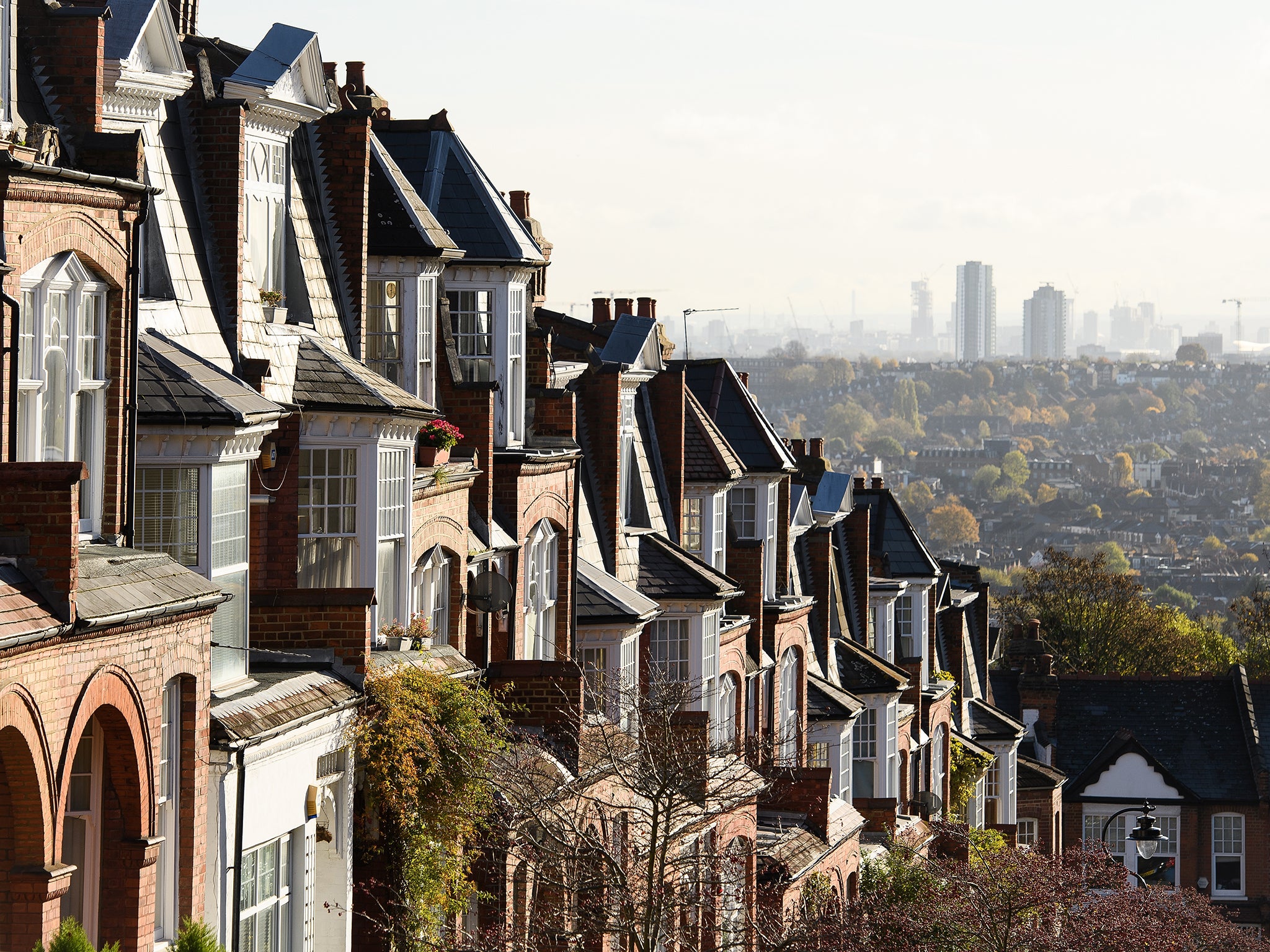New stamp duty charge on landlords and investors raises significantly more than expected
Rising revenues suggest policy is failing in aim of stopping people buying multiple homes

The Government’s recently introduced stamp duty levy has brought in significantly more money than first expected, analysis of official data has revealed, suggesting the policy has failed to stop investors and buy-to-let landlords buying up homes.
The introduction of the extra 3 per cent stamp duty charge, dubbed the “landlord tax”, on anyone buying a second home or buy-to-let property was forecast to generate £625m in the year 2016-17.
However, analysis conducted by accountancy firm Blick Rothenberg shows the Treasury has already received up to £2bn more in stamp duty in the last year than it did previously, although part of this is a result of rising house prices.
The Treasury itself has raised forecasts of how much the tax increase will generate.
The “landlord tax” was announced in the 2015 Autumn Statement as an attempt to disincentivise people buying up multiple properties in the midst of a housing affordability crisis that has resulted in increasing numbers of potential homeowners being priced out of the market.
Announcing the policy in 2015, the then-Chancellor, George Osborne, said: "More and more homes are being bought as buy-to-lets or second homes.
"Frankly, people buying a home to let should not be squeezing out families who can’t afford a home to buy.
"So I am introducing new rates of Stamp Duty that will be 3 per cent higher on the purchase of additional properties like buy-to-lets and second homes."
However, the fact that so much revenue has been generated through stamp duty suggests second home-buyers and buy-to-let landlords are not being deterred.
Robert Pullen, Director at Blick Rothenberg, said: “The Government will need to urgently consider whether the additional 3 per cent stamp duty policy is helping achieve fairness in the property market, or if it is creating more problems than it is solving.
“The policy intention was always stated to be to realign the residential property market to make it fairer for first time buyers.
"It is becoming clearer, however, that as prices continue to rise the measure has succeeded only in generating extra tax for HMRC as well as a sluggish property market, evidenced by the number of property transactions falling.”
Blick Rotherberg analysed stamp duty revenues in the 12 months to July 2017 and compared them to the period ending July 2015. Revenues were 20 per cent (£2 billion) higher in the later period, despite a similar number of properties having been bought.
While some of the difference will be a result of rising house prices, the stamp duty change is thought to explain much of the variation.
Join our commenting forum
Join thought-provoking conversations, follow other Independent readers and see their replies
Comments
Bookmark popover
Removed from bookmarks